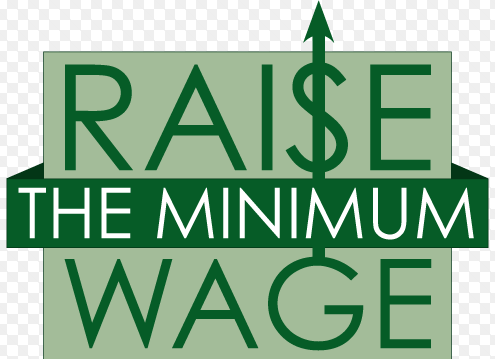Alteration of Budget: It’s become necessary to approach S’Court -Fashola

Minister of Works, Power and Housing, Mr. Babatunde Fashola (SAN), disclosed on Monday that it has become necessary to approach the Supreme Court to seek judicial interpretation over the propriety of the National Assembly to alter the budget.
Speaking during an interview with the online medium, The Cable, Fashola noted that seeking judicial interpretation in some aspects of the 2017 Appropriation Act that violate the constitution is the only way to lay to rest controversies surrounding the 2017 budget.
He also pointed out that some of the projects included in the budget of his own ministry were a violation of the constitution.
Acting President Yemi Osinbajo (SAN) had questioned the extent of changes made to the 2017 appropriation bill by the federal lawmakers, who replied that the National Assembly acted within the law and is not a rubber-stamp body.
He had said that in a federal system like ours, nobody should be scared to have a judicial interpretation of the limits of the power the parliament can exercise during appropriation.
He said: “It is the law that affects our day-to-day developmental expectations. My view is that I don’t think parliament has the power to increase the budget because parliament does not collect taxes. Budget has expenditure as it has revenues, and if executive has formed the view about earning and borrowing subject to the approval of the parliament, I think it is only fair to say we won’t push you beyond what is reasonable. If executive says it is unreasonable, there is room for consultation but to unilaterally increase the budget is not something that lies in the power of the parliament, although they can reduce it.”
The former Lagos State Governor, who is a senior advocate of Nigeria (SAN), said the issue of separation of power should not be taken out of context, maintaining that the three arms of government are “inter-dependent” and no arm can be absolutely independent, if not the business of government will never be carried out.
“I don’t think that they can sit down and legislate projects that are not federal projects. That would be doing violence to the constitution because there are three levels of government. The local and state governments have their responsibilities and the Federal Government should be building federal roads not state roads.
“In my budget, you will find things like motorised boreholes, primary health care centres. That is a violation of the constitution, it shouldn’t be in the appropriation law of the Federal Government. If the judiciary decides that it is the National Assembly that should make the budget and hand it over to the executive to implement, so be it.”
He said he cannot argue “fairly” that a legislator has no input to make into the developmental plan of a nation “but the question is how and when,” Fashola asserted.
“I had cause to appear before the committee of the House of Representatives and I even presented a paper at their invitation because they were planning to pass a constituency project law and they were doing a hearing on the bill and they were planning to create constituency offices and I said they shouldn’t do it, it’s not necessary because there are institutional capacities within our national framework for this kind of thing”.
“When the president submits the budget and these committee hearings start, everyone is excited and we are going from one committee room to the other, you’ll wonder what we were doing then. That is the place I expect that issues about projects that affect constituencies to be brought up but the issues to be taken on must be federal issues.
“A federal legislator’s constituency project must be a federal matter otherwise you’ll be encroaching into the territory of the state legislator, that is my argument,” he added.








